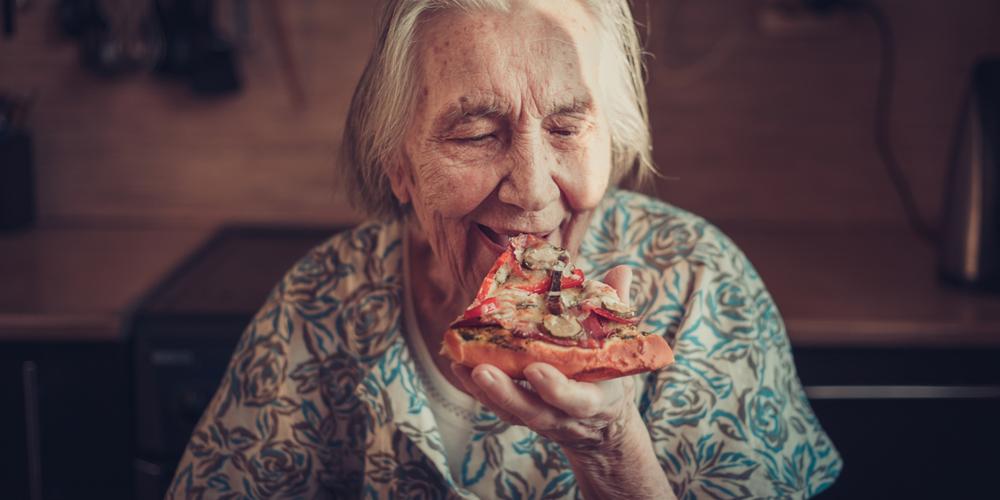
VUB professor Lara Pivodic has been awarded a prestigious European Research Council Starting Grant for a five-year project that will study how the health and wellbeing of older people changes as they approach the end of their lives. The grant is worth almost €1.5 million.
Pivodic says the grant will be used to answer important questions about how people experience the end of life. “For too long we have assumed that people with similar diagnoses – such as cancer, heart failure or dementia – have similar symptoms and problems as they approach death,” she says. “In reality, the end of life is no different from other phases of life: it differs for each of us.”
Pivodic’s research stems from the idea that a person’s end-of-life trajectory is determined not only by their illness but by the circumstances of their life as a whole: their social contacts, where they live and how they understand and feel about their health and illness. “To understand how older people’s health changes towards the end of life, when they need support and how we can improve their wellbeing, we need to understand more about their lives and not just their illnesses,” Pivodic says.
For the project, called TRAJECT, Pivodic and her team will follow about 280 people aged 70 or older who have a chronic disease and are likely to be in their last year of life. For a year, the participants will answer questionnaires every two months about their physical, psychological, social and spiritual wellbeing. Additionally, 40 of them will be invited to talk about their health and illness in more detail. By combining the questionnaires with people’s own end-of-life stories, Pivodic expects to gain much more insight into how people go through the last phase of life and how they can best be supported.
“My goal is to learn not only what end-of-life trajectories look like to me as a researcher, but also what they mean to the people who experience them,” says Pivodic. “I want to know which end-of-life experiences are shared by lots of people and which are completely unique. Why do some people have a better death than others? Ultimately, that knowledge will help us improve palliative care, by better understanding who needs what support when. It will also help us look beyond medical needs when considering end-of-life care and to consider people’s social and even existential needs.”
Pivodic hopes to improve care for the dying, and that the project will lead to more end-of-life research funding. TRAJECT is one of the few end-of-life studies to have received a major grant from the European Research Council. “The public invests money in research on different life stages to understand how people’s lives can be improved, be it early childhood, adolescence, working age or retirement. That should be no different for the end of life."